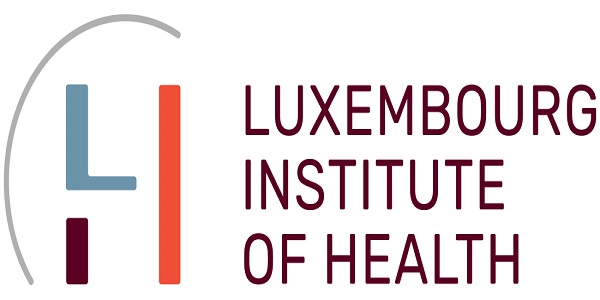
A study led by Dr Valerie Moran from the Socio-Economic & Environmental Health & Health Services group at the Luxembourg Institute of Health (LIH) and Luxembourg Institute of Socio-Economic Research (LISER) has revealed potential benefits of Luxembourg's Referring Doctor (RD) programme for people with type 2 diabetes, together with a need for increased awareness and potential reforms to improve voluntary patient registration with a primary care doctor.
A recent study, led by the Luxembourg Institute of Health in collaboration with the Luxembourg Institute of Socio-Economic Research, has assessed the effectiveness of Luxembourg's Referring Doctor (RD) policy, introduced in 2012, on improving healthcare outcomes for patients with type 2 diabetes. The study, which used data from the Luxembourg National Health Fund (Caisse Nationale de Santé – CNS) between 2010 and 2018, contributes to the limited evidence base on the effects of patient registration within countries. The RD policy aimed to enhance patient care by introducing a system whereby patients voluntarily registered with a primary care doctor. This doctor would oversee patients’ healthcare needs, coordinating care to improve follow-up and guiding patients towards other healthcare professionals when needed. The government anticipated that this new role would optimise medication use and prevent unnecessary consultations and investigations.
The study focused on 16,775 patients with type 2 diabetes on oral medication, examining their use of primary and specialist outpatient care, quality of care process indicators, and reimbursed prescribed medicines over short- (up to 2015) and medium-term (up to 2018) periods. Using robust statistical methods, including propensity score matching and difference-in-differences analysis, the study compared outcomes for patients with and without an RD.
The findings revealed low participation in the RD programme among patients with type 2 diabetes.
There were statistically significant increases in the number of HbA1c tests and kidney function tests (both blood and urine) in the medium term. Additionally, a small increase in the number of repeat prescribed medicines, including cardiovascular system medications, was observed. The study also noted a reduction in specialist consultations in both the short and medium term, suggesting improved care coordination.
Dr Valerie Moran, who led the research, commented, "Our findings suggest that the RD programme has potential benefits for people with type 2 diabetes. The relatively low patient participation during the study period implies a need to increase awareness of the programme."
The research shows the potential of the RD programme to enhance specific aspects of diabetes care.
The findings highlight the need for increased awareness and possibly additional incentives to encourage participation in the programme. Suggested reforms include introducing extra benefits for registered patients and promoting the advantages of activated electronic health records. Further studies should extend beyond type 2 diabetes to explore the RD programme's impact on other chronic conditions. Linking National Health Fund data with clinical and socio-economic data could provide a more comprehensive understanding of the programme's effectiveness and inform future healthcare policies.
This study contributes to the limited literature on patient registration systems and their effects on primary care quality. The research utilised a rich administrative dataset and innovative statistical methods to ensure unbiased results. The findings are particularly relevant for policymakers and healthcare providers aiming to improve care coordination by means of patient registration with a primary care doctor.
The research was published in the renowned journal BMC Primary Care under the full title: “The impact of patient registration on utilisation and quality of care: a propensity score matching and staggered difference-in-differences analysis of a cohort of 16,775 people with type 2 diabetes”
Funding and collaborations
This research was supported by the Luxembourg National Research Fund (C19/BM/13723812) and undertaken as part of the APPEAL (Assessment of Primary care PErformAnce in Luxembourg) project, jointly with the Luxembourg Institute of Socio-Economic Research.








